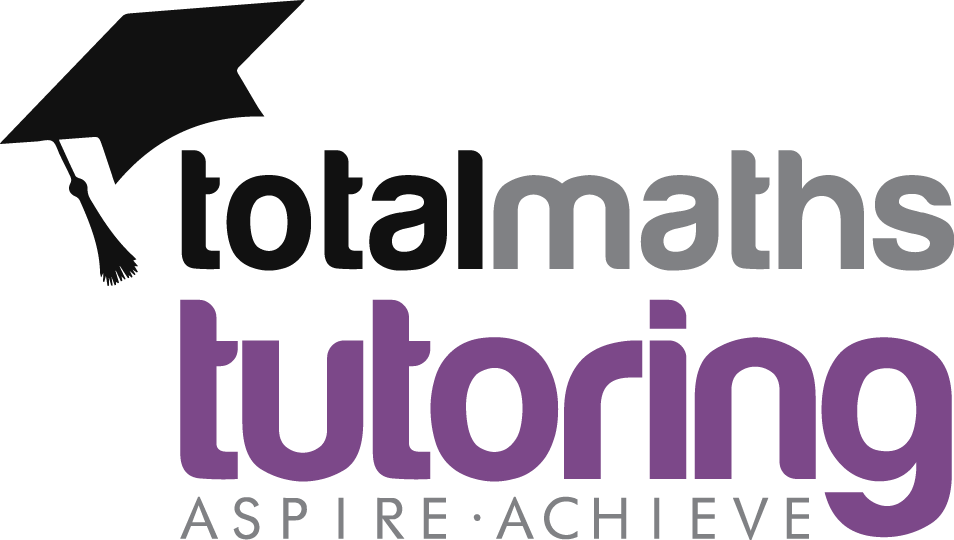The parents guide to preventing holiday learning loss
Holiday learning loss has been a topic of hot discussion over the last few years and there is a growing concern among educators as to how students are being impacted.
Some research, conducted by John Hopkin’s University, found that two thirds of the Year 10 reading gap can be accounted for by holiday learning loss. A Review of Educational Research has also found that, on average, students show no academic growth over the school holidays and that it is mathematics that suffers the most.
Here are our top tips to combating the effects of summer learning loss.
1. Make a plan
Sit down at the start of the holidays and plan some time for educational activities. Try to encourage your child to read a book or play a family game that promotes learning. If you know that there is a particular area that your child is struggling in academically, it may be worth them having some private tuition to prevent them falling behind their peers. You could also try to incorporate educational trips into your holiday such as a museum, library or cultural sites to make learning fun.
2. Embrace real world learning opportunities
Education is about preparing children for the real world and the new exam reforms (especially in mathematics) are actively promoting the use of problem solving skills for real world problems. You could encourage your child to create a budget for how they will spend their holiday pocket money or set out a savings plan for something they aspire to own. The National Literacy Trust showed that children who read daily outside of school are five times more likely to read above expected levels for their age – so try to encourage them to take the time to read information posters, the newspaper headlines, instructions or recipes.
3. Stay healthy
As a result of extensive research, it has been widely accepted that good physical health positively correlates to good academic achievement. So, while you can still have the odd holiday treat, promoting a balanced diet and plenty of physical exercise will help keep children on the right track for educational success.
4. Manage screen time
The blue light emitted from electronic devices can stop melatonin (sleep hormone) production making it more difficult to fall asleep. Lack of sleep reduces brain functionally which has a huge impact on your child’s ability to learn. Try introducing a digital cut off point in the evenings before bed to limit the impact of this on your child.
5. Maintain a routine
Good routines can be essential in forming good habits such as taking regular exercise, eating well and getting enough sleep, as mentioned above. Although the temptation is for children to spend the holidays treating themselves to late nights, sweet treats and video game marathons, this can have a detrimental impact when the time comes to return to school. Try to encourage them to maintain their usual routines as much as possible to ease this transition.
